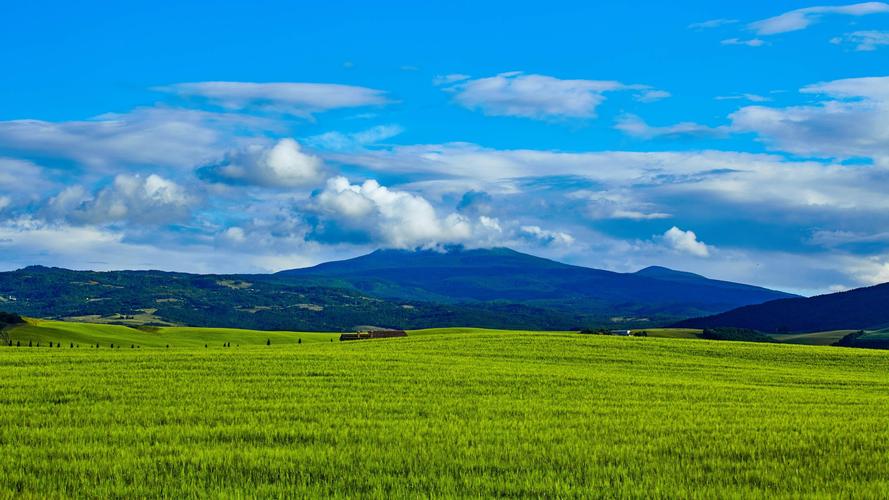The Power of Media in Informing Democracy: How the Press Shapes Our Political Landscape
The modern political landscape has been shaped and informed by the media. In democracies across the world, the press plays an integral role in keeping the public informed about the decisions impacting their lives. However, the power wielded by the media is often under scrutiny. This article will explore how the press shapes our political landscape.
The Role of Media in Democracy
One of the primary functions of the media in a democracy is to inform citizens about the actions of their elected representatives. The media is uniquely placed to hold governments accountable for their decisions and to expose any wrongdoing. This is referred to as the “watchdog” role of the media.
However, the media’s role extends far beyond merely reporting on events. The media is also responsible for shaping public opinion by producing news coverage and editorials that reflect a particular ideology or viewpoint. Through this, the media can influence the public’s perception of politicians, policies, and political parties.
Media Ownership and Its Impact on Democracy
Media ownership has a significant impact on the way that the press operates. Concentration of media ownership in the hands of a few individuals or organizations can lead to editorial bias and a narrow range of viewpoints being presented.
This can be particularly damaging to democracy when media owners have political or economic interests that are in conflict with the public interest. In such cases, the media can be used to shape public opinion in ways that are not in the public interest and to promote the interests of the owners.
The Impact of Social Media on Political Discourse
The rise of social media has had a profound impact on political discourse. Social media platforms have allowed politicians and political activists to communicate with a wider audience than ever before. This has made it easier for political movements to organize and for individuals to express their opinions and engage in political debate.
However, the unregulated nature of social media has also led to the spread of misinformation and fake news. This has the potential to undermine democracy by eroding public trust in institutions and making it harder for citizens to make informed decisions.
The Future of Media in Democracy
The media plays a crucial role in democracy and will continue to do so in the future. However, the rapid pace of technological change and the changing nature of media consumption means that the media must adapt to remain relevant.
To remain effective, the media must find ways to engage with audiences where they are and to provide content that is relevant and informative. This will require the development of new platforms and technologies, as well as the cultivation of new relationships between media outlets and their audiences.
Conclusion
The power of the media in informing democracy cannot be underestimated. The media provides a fundamental check on the power of governments and helps to ensure that citizens are informed and engaged in the political process. However, the media is not without its flaws, and it will be essential to continue to examine the role of the media in democracy to ensure that it operates in the public interest.
(Note: Do you have knowledge or insights to share? Unlock new opportunities and expand your reach by joining our authors team. Click Registration to join us and share your expertise with our readers.)
Speech tips:
Please note that any statements involving politics will not be approved.
